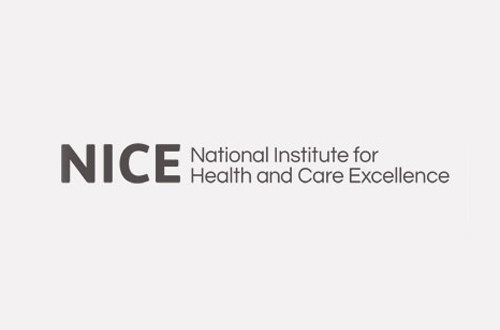
The National Institute for Health and Care Excellence (NICE) has proposed measures for health and social care providers to help tackle the evolving threat of antimicrobial resistance.
The guidelines aim to ensure that antibiotics continue to be effective by aiding providers and prescribers to promote and monitor the sensible use of antimicrobials to preserve their future effectiveness.
Professor Mark Baker, director of the centre for clinical practice at NICE, commented: “This draft guidance recognises that we need to encourage an open and transparent culture that allows health professionals to question antimicrobial prescribing practices of colleagues when these are not in line with local and national guidelines and no reason is documented.
“Despite considerable guidance that prescribing rate of antibiotics should be reduced, nine out of ten GPs feel pressured to prescribe antibiotics and 97% of patients who ask for antibiotics are prescribed them.”
The draft guidance additionally recommends the formation of multidisciplinary antimicrobial stewardship teams working across all care settings, which should be able to review prescribing and resistance data on a frequent basis and feed said information back to providers.
The teams should also be able to work with prescribers to understand the reasons for very high, increasing or very low volumes of antimicrobial prescribing in addition to providing feedback and assistance to prescribers who provide antimicrobials outside of local guidelines where this is not justified.
Professor Alastair Hay, professor of primary care and chair of the committee that developed the guideline, added: “The more we use antibiotics, the less effective they become as diseases evolve and become resistant to existing antimicrobial medicines.
“Resistance to all antimicrobials is increasing and, combined with a lack of new antimicrobial medicines, there is a heightened risk in the future that we may not be able to treat infection effectively.”
Nationally, 41.6 million antibacterial prescriptions were issue in 2013/14, costing the NHS around £192m.




